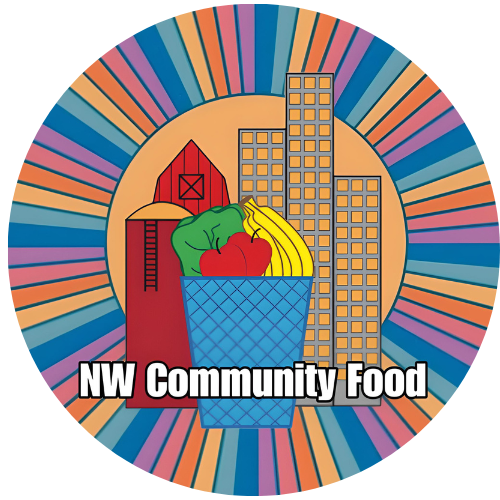Services and support in the greater DC area
Resources
for
DMV Residents
Resources for DC Residents
• Anonymous and confidential
• 24/7 access
• Crisis intervention and referrals
• Eligibility and application information
• Assistance in 140 different languages
Washington DC and the surrounding areas have a variety of services to meet the needs of our community. Below are resources and contact information that may be useful.
Food Services
There are many organizations in the DC area that aid families with food insecurity. The list of distribution centers vary from day to day and are continuously evolving.
When you call Capital Area Food Bank’s Hunger Lifeline, we can help you find local organizations that can assist you with emergency food help.
To reach the Hunger Lifeline, call (202) 644-9807 or e-mail hungerlifeline@capitalareafoodbank.org
The District of Columbia’s (District) Supplemental Nutrition Assistance Program (SNAP) (formerly known as Food Stamps) helps low-income individuals and families by providing monthly benefits to purchase food. SNAP benefits are provided on an Electronic Benefits Transfer (EBT) card, that is used as a debit card. EBT cards are accepted at most grocery stores, some farmers’ markets, convenience, big box stores, and some online stores. SNAP benefits generally cannot be used to buy prepared foods, vitamins, alcohol/tobacco, and non-food items (like soap or toothpaste).
Pregnancy and Infant Services
DC WIC a government resource that supplies families (including pregnant people) with baby formula and food for children up to the age of 5. They are immigration status blind, meaning they do not check or care about that status. WIC does not count as a “public charge” for immigration purposes.
- WIC DC: 202.442.9397
- WIC MD: 1.800.242.4942
- WIC VA 1.888.942.3663
Capitol Hill Pregnancy Center provides maternity and baby clothing and supplemental supplies • Medical, legal, adoption, and housing referrals. • Can help with diapers once per month on a supplemental basis
Mutual Aid (DC)
- Ward 1: 202-681-9183
- Ward 2: 202-688-5812
- Ward 3: 202-556-1315
- Ward 4: 202-681-3098
- Ward 5: 202-643-7030
- Ward 6: 202-683-9962
- Ward 7/8: 202-630-0336
Clothing: Bread for the City
Click here to request an appointment to shop Bread for the City’s free clothing boutique in our Southeast Center, 1700 Good Hope Rd SE, Washington, DC, 20020.
Legal Services
DC has many organizations who provide free and confidential legal services for low-income individuals and families. Legal Aid DC specializes in Housing law, Domestic Violence/Family Law, Public Benefits Law, and Consumer Law. Neighborhood Legal Services Program provides free civil legal services to low-income residents to assist with safe and affordable shelter, stabilizing family relationships, protecting victims of domestic violence, securing access to healthcare and public benefits and reducing barriers to employment. They also help with pathways out of poverty.
Legal Assistance and Referrals
The D.C. Bar Pro Bono Center offers neighborhood brief advice and referral clinics and resource centers at the D.C. Superior Court that may help you as you navigate your legal issues.
Legal Advocacy for Immigrants
CARECEN DC provides supports to immigrants seeking to integrate into the United States who often face social, economic, and political barriers that make it difficult to transition.
Their programs increase skills, knowledge, and civic engagement— helping foster security, stability, and a better sense of belonging while strengthening the community overall.
Ayuda DC provides legal, social, and language services to help low-income immigrants in the DMV access justice and transform their lives. n Ayuda’s expert and dedicated professionals help immigrants from anywhere in the world navigate the immigration and justice systems and access the social safety net. This comprehensive and welcoming approach breaks down barriers, helps those in need, and makes our communities stronger.
Prison Outreach
Catholic Charities provides mentoring t opeople returning to their communities after incarceration. Their goal is to help individuals returning to the community from incarceration to reintegrate successfully by creating a support network centered around volunteers and mentors. Together they help returning citizens overcome big and small obstacles as they seek employment and find safe housing and other services needed to prevent recidivism.
